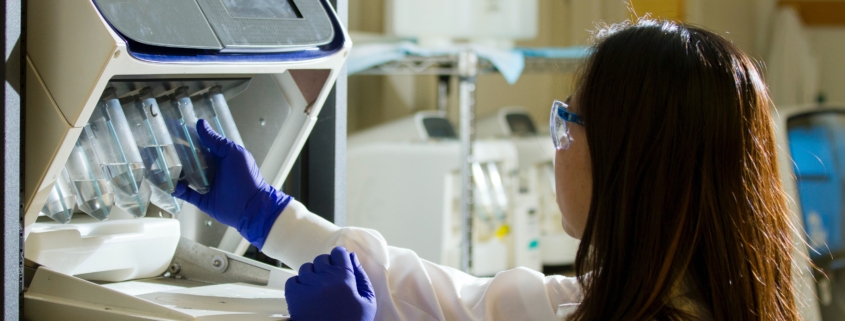Brain Tumour Charity Awards £1.2m For Glioblastoma Research
A woman who has sadly lost both her mother and brother to brain cancer has welcomed The Brain Tumour Charity’s decision to award £1.2m of funding to brain cancer research. The BBC reports that Nikki Saunders, a nurse from Essex, lost her mother Susan and brother Paul to glioblastoma in 2018.
Ms Saunders said: “As you can imagine, we were devastated. Having to tell my mum that Paul also had the same type of brain tumour is something I will never forget. Paul was determined that he and mum would beat this. They were both so brave and showed dignity, strength and love to us all throughout.”
Ms Saunders added: “Words cannot describe what we went through or how missed and loved my brother and mum are.”
Ms Saunders has since campaigned to boost funding and raise awareness of brain tumours. Glioblastomas are a fast growing and aggressive type of brain tumour that affect over 3,000 people a year in the UK. They are the most common type of high grade primary brain tumour that affects adults, although they rarely occur in children.
Common symptoms of a glioblastoma include headaches, memory problems, changes in personality, trouble communicating, tiredness, seizures, eyesight disturbances, depression, and numbness or tingling in one side of the body. The average survival time after diagnosis is 12-18 months, and only 25% of patients survive for more than one year.
Glioblastomas can be treated with chemotherapy, radiation therapy, radiosurgery, and possibly neurosurgery if the location of the tumour in the brain makes this a viable option. Sometimes, surgery is performed to remove part of the tumour and radiotherapy is used to remove as much of the remaining tumour as possible.
Emma Thompson, head of research at the Brain Tumour Charity said: “Our junior fellows grants fund the future leaders of scientific and clinical research into brain tumours, and our aspiration is that this research will help us accelerate a cure for brain tumours. We know that glioblastomas are incredibly difficult to treat due to their complex make-up.
She added: “Therefore, funding this innovative research which aims to understand how the immune system responds to tumour cells and that tackles cells that promote tumour recurrence is important if we want to find new treatments that will enable us to find better ways to treat this disease.”
“We are very excited to continue working with Tyler and Spencer and look forward to following the progress of their research over the coming years.”
Brain tumour research has been significantly underfunded compared to other types of cancer in the UK, with just £15m of a promised £40m investment allocated over the past five years. Campaign groups have worked hard to raise awareness of the issue, including attending a parliamentary committee enquiry earlier this year.
For more information about glioblastoma brain tumour treatment, please contact Mr George Samandouras of Amethyst Radiotherapy.



